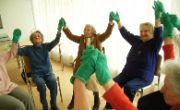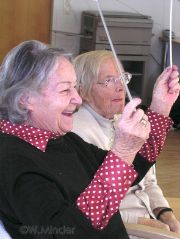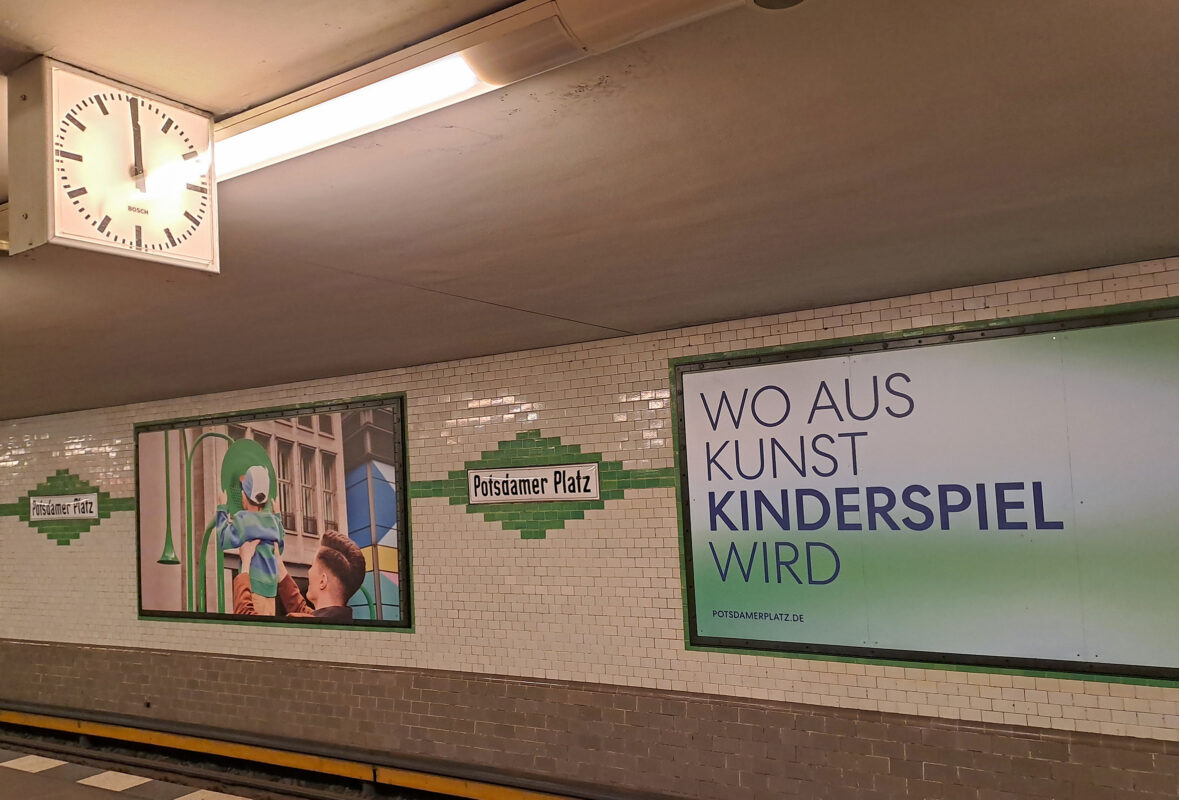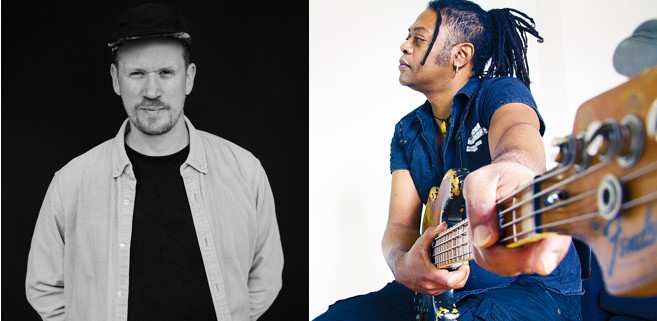Musical experience in old age
For nine years, the Carl-Orff-Institut Salzburg has accompanied the music and dance education work with residents of a retirement home on film.
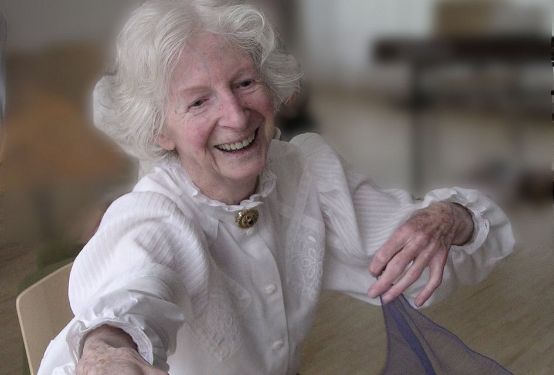
The focus of the first DVD - after an overview of elementary music and dance pedagogy EMTP - is dedicated to reflection in the form of a theme-centered summary of interviews with experts and discussion rounds with home residents, a caregiver and students of the Carl-Orff-Institute. The book concludes with insights into the lives of two residents who took part in the weekly musical program for many years.
The discussion of the questions "Why music? What is the intrinsic value of music?", always in relation to scientific findings and the importance of emotionality. The connection between music and long-term memory ("well-known songs are even stored with several verses until old age") is addressed as well as the psychosomatic effect of music, i.e. the questions: "What significance did music have in earlier life, what effect does music have today?". It is shown how EMPT adapts to people's life stories and draws conclusions for practice. Statements from senior citizens explain the practical relevance: "Music is accessible to everyone. Music lifts the mood. You can feel that you are alive. Everyone is who they are." In this sense, music is part of biography work, part of rewriting one's own history. But it's also about learning new things and being challenged.
The strong reference to the importance of music in life lays the foundations for training and further education at the Carl Orff Institute in the field of music geragogy and clearly defines the difference to elementary music education: It is not education that is required, but education that takes biography into account without staging an infantilization of music.
DVD 2 is dedicated to practice and, after an introduction, shows many examples, divided into three core areas with a further division into 15 subject areas. The practical examples are aesthetically profound, the selection of songs and pieces of music is varied and the materials are balanced. The lecturer Christine Schönherr and the participating students impress with their performative and professional musicality. This basic artistic quality, characterized by aesthetic design, respect and theoretical understanding, provides a unique basis for all participants to join in.
-

00:00
- Group improvisation with sticks
-

00:00
- Passing on impulses
-

00:00
- Finger improvisation
-

Seven projects have been submitted for the new Lucerne School of Music building. Two projects have been shortlisted, but need to be improved. The final decision will not be made until spring 2014, which may delay the move into the new building. It is currently planned for summer 2018.
The Lucerne School of Music is currently spread across several locations and is bursting at the seams. It is therefore planning a new building at the Südpol site in Kriens/Lucerne. The Lucerne Pension Fund as the landowner and the Lucerne University of Applied Sciences and Arts as the future user announced the competition for the new building in April of this year.
The jury, made up of representatives of the landowner, the user and specialist judges and experts, decided to carry out an adjustment stage with the two best projects in order to sharpen the quality of the projects. The
Anonymity will not be lifted. The final decision will therefore be made in spring 2014.It is currently still unclear whether this slight delay will postpone the move-in date for the new conservatory building. At the moment, occupation is planned for summer 2018. The building will cost around CHF 70 million and will be financed on the basis of a private investor model.






